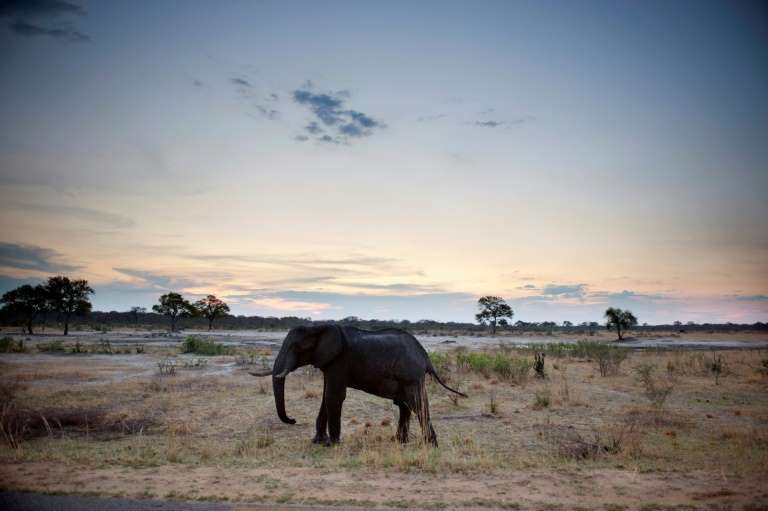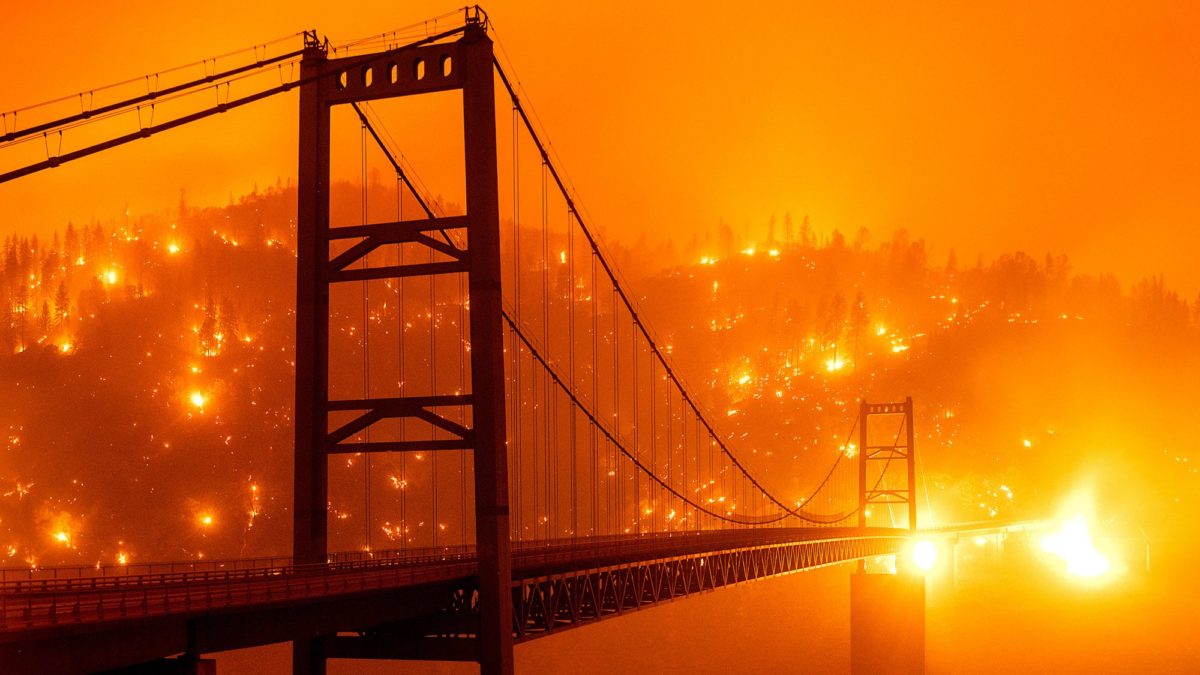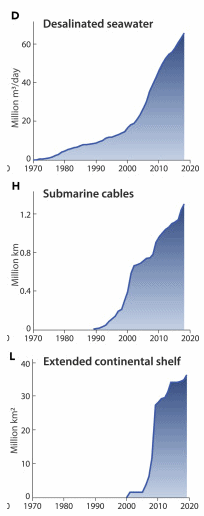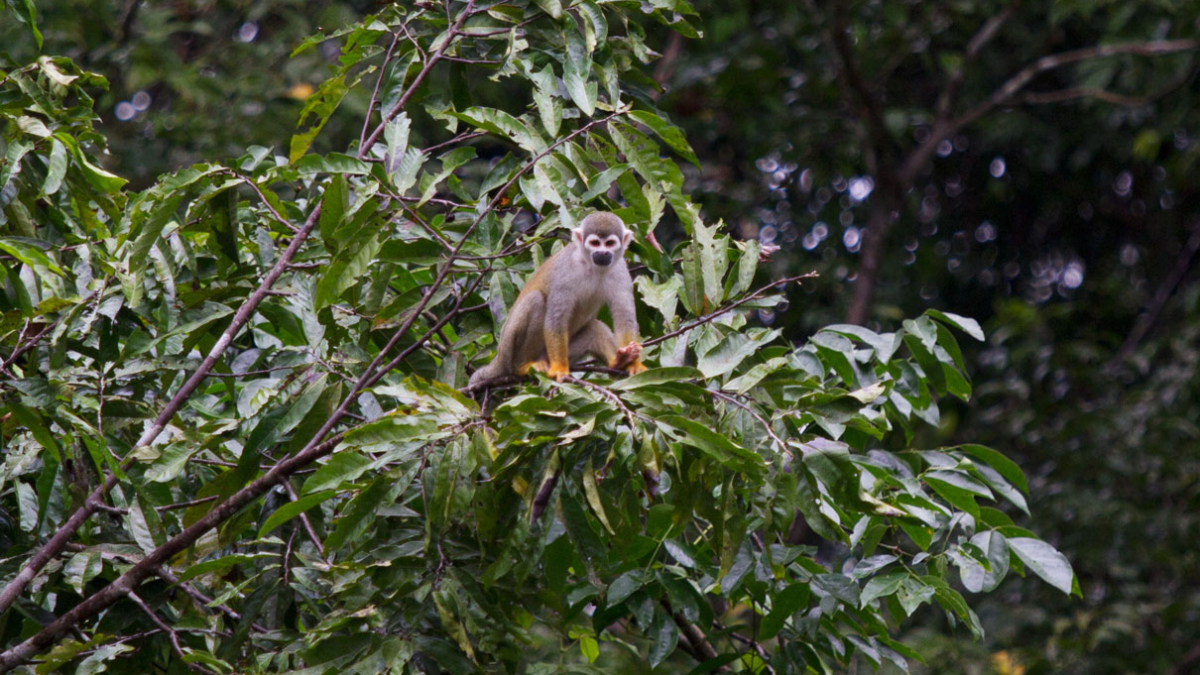Dozens of elephants starve to death in historic Zimbabwe drought – “The situation is dire. We are desperately waiting for the rains.”
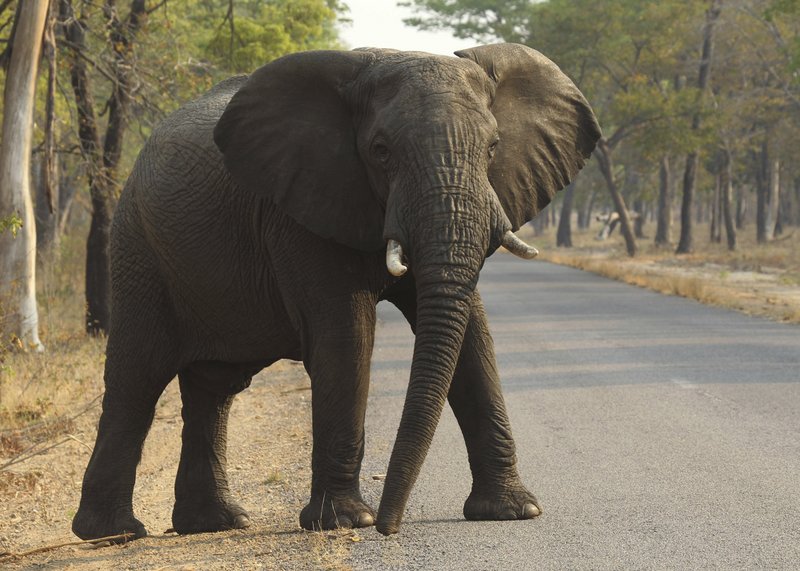
21 October 2019 (AFP) – At least 55 elephants have died in a month in Zimbabwe due to a lack of food and water, its wildlife agency said Monday, as the country faces one of the worst droughts in its history.
More than five million rural Zimbabweans — nearly a third of the population — are at risk of food shortages before the next harvest in 2020, the United Nations has warned.
The shortages have been caused by the combined effects of an economic downturn and a drought blamed on the El Nino weather cycle.
The impact is being felt at Hwange National Park, Zimbabwe’s largest game reserve.
“Since September, we have lost at least 55 elephants in Hwange National Park due to starvation and lack of water,” Zimbabwe National Parks spokesman Tinashe Farawo told AFP.
Farawo said the park was overpopulated and that food and water was scarce “due to drought”.
The single biggest threat to our animals now is loss of habitat. We have managed to significantly reduce poaching … we were losing hundreds of elephants in past years, but last year we only lost not more than 20 to poaching.
Tinashe Farawo, Zimbabwe National Parks spokesman
Africa’s elephant numbers have dropped from around 415,000 to 111,000 over the past decade, mainly due to poaching for ivory, according to the International Union for Conservation of Nature (IUCN).
But Zimbabwe, like other countries in the southern African region, is struggling with overpopulation.
“Hwange was meant for 15,000 elephants but at the moment we are talking of more than 50,000,” Farawo said.
“The situation is dire. We are desperately waiting for the rains.”
An adult elephant drinks 680 litres (180 gallons) of water per day on average and consumes 450 kilogrammes (990 pounds) of food.
Hungry elephants have been breaking out of Zimbabwe’s game reserves and raiding human settlements in search for food, posing a threat to surrounding communities.
Farawo said 200 people have died in “human-and-animal conflict” in the past five years, and “at least 7,000 hectares (17,300 acres) of crop have been destroyed by elephants”.
The authorities took action earlier this year by selling nearly 100 elephants to China and Dubai for $2.7 million.
Farawo said the money had been allocated to anti-poaching and conservation projects. [more]
Dozens of elephants die in Zimbabwe drought
By Farai Mutsaka
21 October 2019
HARARE, Zimbabwe (AP) – At least 55 elephants have starved to death in the past two months in Zimbabwe’s biggest national park as a serious drought forces animals to stray into nearby communities in search of food and water, authorities said on Monday.
“The problem is real, the situation is dire,” said National Parks and Wildlife Management Authority spokesman Tinashe Farawo. Other animals such as lions at Hwange National Park have been affected.
This is the worst drought in years in the southern African nation that also suffers from a collapsing economy. Massive food and water shortages have resulted.
As animals stray from Zimbabwe’s wildlife parks they destroy crops and sometimes kill people, Farawo said, adding that more than 20 people have been killed this year alone.
Overcrowding in Hwange contributes to the destruction of vegetation. The park can handle 15,000 elephants but currently has about 53,000, Farawo said.
Meanwhile the drought is drying up water sources. The wildlife agency has been drilling wells as deep as 400 meters (yards) to find water for the animals.
“The single biggest threat to our animals now is loss of habitat,” Farawo said. “We have managed to significantly reduce poaching … we were losing hundreds of elephants in past years, but last year we only lost not more than 20 to poaching.” [more]
Zimbabwe says 55 elephants have starved to death in 2 months
